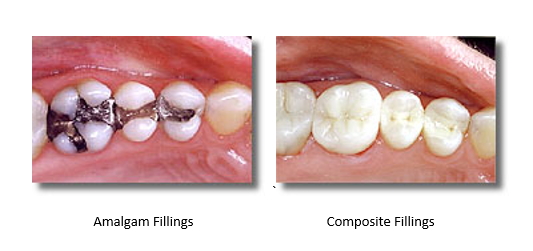I had a direct pulp cap done. It was needed because the pulp was exposed while trying to remove some tooth decay. Any bleeding was controlled with a cotton palette, which my dentist said was a good sign. He had to leave some of the decay because it was so close to the pulp. Then he lined the exposed area with calcium hydroxide and placed a glass isomer on top. Then he placed an amalgam filling. It’s been fine, but I live in fear that this is going to go south. When will I know I’m safe and this was a successful procedure? If I am going to need a root canal treatment, will there be any signs? Sometimes I think I feel something, but I don’t actually know what I should be feeling.
Emma
Dear Emma,
Doing a direct pulp cap can work well if it is done right and usually has a high success rate. The good news is, when there are problems, they usually show up right away. That being said, there are a couple of things about the way yours was done that complicates things just a bit. First, it is important that all the decay is removed. Any decay left, especially when you use an amalgam filling will continue to grow and will eventually infect the tooth.
He did a great job with the next steps. He checked for viability of the pulp. The bleeding was controlled so the pulp is fine. The two materials he used next were good choices as well. The calcium hydroxide will release a small amount of fluoride which will help keep some of the decay at bay. I am concerned he used an amalgam filling instead of a composite filling. Composite bonds directly to the tooth, which seals it. Amalgam fillings tend to weaken the tooth.
Don’t spend all your time worrying about this. I would wait a year or so and have your dentist x-ray the tooth again to check the health of the tooth. If the root is still healthy, have him go back and remove the rest of the decay then place a new filling on the tooth. The amalgam filling will need to be removed using a sanitary amalgam removal. Then replaced using a composite filling.
This blog is brought to you by Hoffman Estates Dentist Dr. William Becker.


